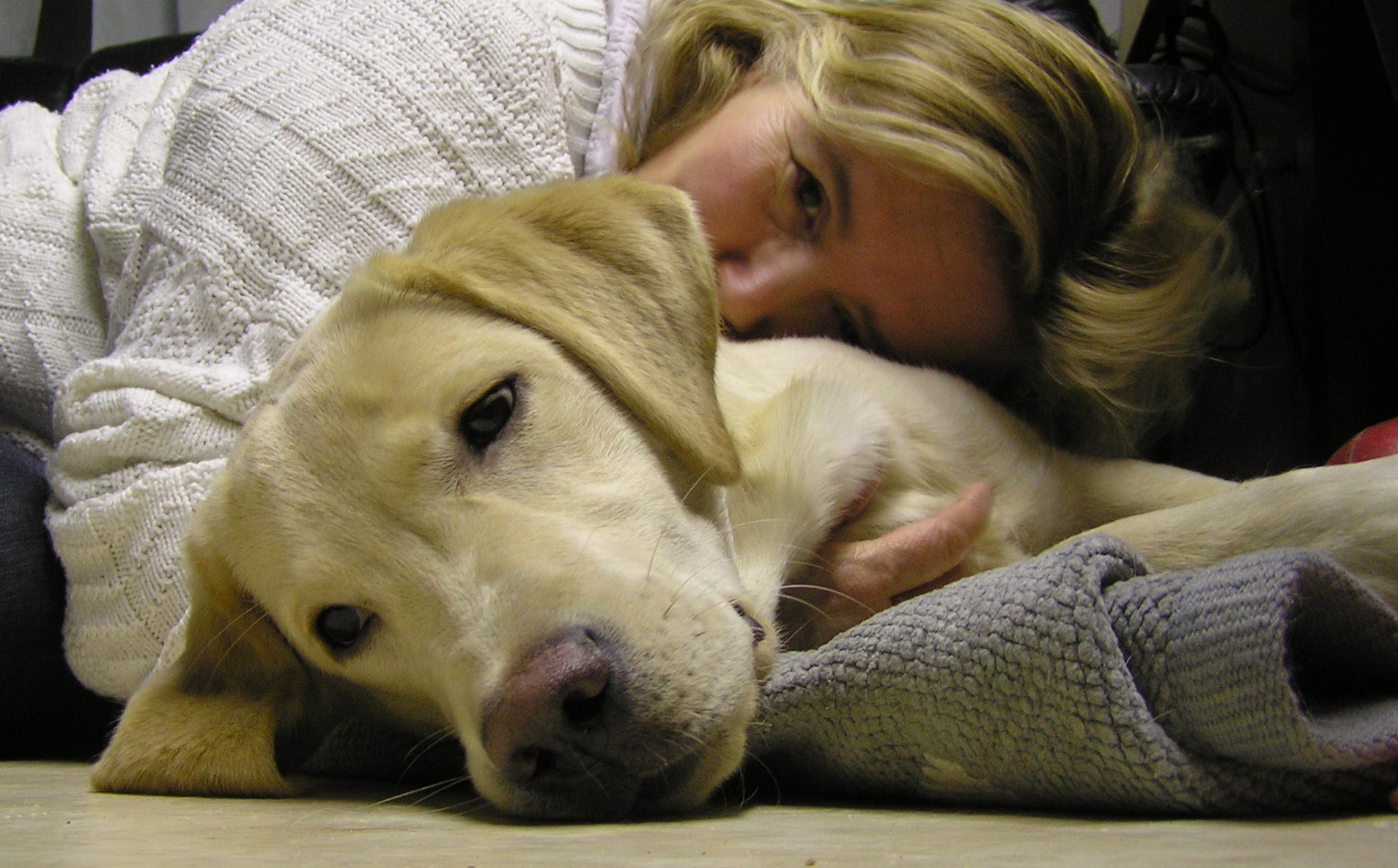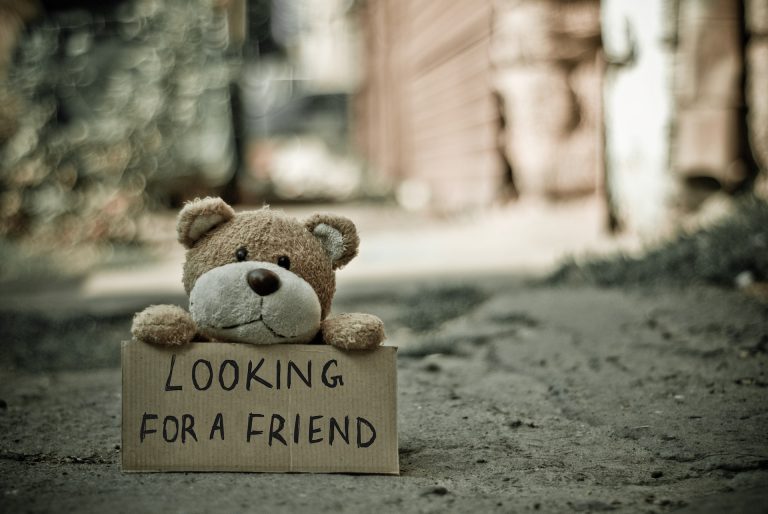Often linked with depression, loneliness is a psychological state that impacts physical health and may even lead to premature death — and it is more widespread than one might imagine. One Cigna survey of 10,000 adults revealed that 61 percent felt lonely.
In a piece about Robin Williams, the New Yorker described described suicide as “a crime of loneliness.”
What is loneliness
While the physical condition of being alone may result in loneliness, loneliness is not dependent on this factor. Loneliness is a state of mind where one feels unwanted, unloved, or unconnected, and perceives this as social isolation. This mental state can manifest even when surrounded by people, if one cannot relate to them.
While one might assume that loneliness mainly affects the older population, it is actually young adults, or generation z, that are most likely to report being lonely – with nearly 50 percent believing they have no close friends, or no friends at all. Loneliness increases in the elderly after the age of 75, when physical health often begins to deteriorate.
It is important to note that solitude itself is not a negative state. Voluntarily choosing to be alone can give one a healthy break, improve focus and allow time for self-care. If one feels that isolation is neither optional nor optimal, then loneliness can set in. The longer it lingers, the greater the risk of its impacting your health.
Negative impacts of loneliness
Depression
Success
You are now signed up for our newsletter
Success
Check your email to complete sign up
Several studies have found a relationship between loneliness and depression, and some research says the two feed off and perpetuate each other. Both loneliness and depression are linked with poor health and well-being.

According to Katherine Peters, MD, associate professor of neurology and neurosurgery at Duke University, “Loneliness can change the neurochemistry of the brain, turning off the dopamine [“feel good” hormone] neurons, which trigger the reward response, and causing some degeneration in the brain when the reward response is not activated.”
A study in the UK of people over 50 suffering from depression showed loneliness as a factor for 20 percent of the participants. The University College London research also revealed that increasing levels of loneliness doubled a person’s risk for becoming depressed.
Reduced immunity
Loneliness has been shown to increase the level of stress hormones — like cortisol — in the body. These hormones are important survival tools that, in small doses, help reduce inflammation and boost immunity. A continual supply of cortisol, however, will render it ineffective and result instead in reduced immunity — making one more susceptible to disease; and increased inflammation — a common factor in many chronic illnesses.
“Loneliness is a form of stress that depresses the immune system,” as Ami Rokach, PhD, a clinical psychologist at York University in Toronto, puts it. “If you’re lonely, you can get sick more easily and remain sick for longer.”
Increased pain
Since the brain processes physical and emotional pain similarly, lonely people may feel more physical discomfort, aches, and pain in general than those with healthy social relationships.
Disrupted sleep
Higher levels of stress and anxiety caused by loneliness also impact sleeping patterns. According to Louise Hawkley, PhD, senior research scientist at the University of Chicago, in order to sleep well, we need to feel safe. “Lonely people are susceptible to implicit feelings of anxiety that can impair their sleep quality.”
In addition, compared with those who enjoy healthy social relationships, adults who are lonely tend to get less exercise and consume more fat, contributing to increases in daytime fatigue.
Cognitive impairment
Loneliness can also affect memory and learning. Martina Luchetti, PhD, assistant professor of behavioral sciences and social medicine at the College of Medicine at Florida State University, found loneliness “associated with reductions in brain-derived neurotrophic factor, a protein crucial for neuronal health, cognition, and memory.”
Her research revealed a connection between loneliness and reduced cognitive performance, increasing the risk of dementia for the elderly.
Under-regulated behavior
The emotional stress of loneliness can lead one to seek relief in self-destructive behavior, such as substance abuse or unhealthy eating habits; avoiding social opportunities; or making poor decisions based on a negative self image.
Lonely people are also more likely to experience premature aging, as cellular processes are affected at many levels. Some research compares the damaging effects of loneliness with those of smoking.

Overcoming loneliness
While loneliness is a common problem affecting a wide range of individuals, the situation is largely within our control. Adopting a more positive attitude and adjusting our social habits can both loosen the bonds of loneliness.
Cultivate confidence and self compassion
If you’re feeling lonely, be extra kind to yourself. Do not focus on your faults as justification for your unhappy state. Acknowledging your failings is helpful in that it encourages you to improve, but dwelling on it can lead to destructive self-blame or useless self-pity. Look instead to self-care and healthy diversions.
Give yourself the physical tools for wellness: nutritious food, sufficient sleep, and engaging activity. Take the time to pursue a fulfilling hobby or learn a new skill. Aside from distracting you from your emotional distress, these can also connect you with others who share your interests.
Keep in mind that digital diversions are by and large a disaster for lonely people, so be sure to keep your activities in the physical realm.
Strengthen existing relationships
Perhaps you’ve drifted apart from some friends or family, or you’ve let some differences lead to a resentful rift. While new relationships can be exciting and fulfilling, those who’ve known you the longest are the most likely to know you best. If there are people you can trust and share openly with among your existing relationships, these are well-worth preserving and strengthening.
Don’t be afraid to reach out when you need someone to talk to. Chances are, you will brighten more than your own day.

Volunteer
Helping others is a great way to bring a sense of purpose into your life. There are many opportunities for different kinds of community service. From feeding the homeless to teaching a class on something you’re good at, any form of altruism is good for the soul.
The work itself can be satisfying, but you may also experience a strong feeling of community, and a deeper gratitude for the many gifts in life that you may have been taking for granted.
Join a Class or Club
Loneliness can also develop when those you are close to don’t share your interests. If this is the case, it may be time to join a club or take a class that will bring you together with those who do.
Check your public library, community college or state parks to see what they have to offer. If nothing strikes a cord, consider forming your own group. You may be surprised at how many people can relate to you and your passions.
Being a part of a group will give you a sense of belonging, while the activity will engage your mind and body, and give you something to look forward to.

Adopt a pet
A 2020 Forges article by Jackie Rocheleau discussed the many ways in which pets are beneficial for reducing loneliness. Especially during the pandemic, when human contact was heavily frowned upon, animals ensured an important sense of closeness for pet owners — an estimated 50 percent of the population.
While dogs and cats are the most common and cuddly creatures to share your home with, taking in any living being can give one a nurturing sense of responsibility. The simple knowledge that your pet is dependent on you boosts your self esteem and helps mitigate negative feelings like self-pity and hopelessness.
Aside from being a reliable source of unconditional love, pets can also connect you with other people. Walking a dog or even buying fish food will give you opportunities to meet others with similar interests.
If pets are not a possibility, consider plants to help fill your void. Quietly responsive, houseplants can bring much joy and interest to a household. Start with easy-to-care-for varieties, to prevent the disappointment of losing your new companion. As you become attuned to plants’ needs, you may discover your green thumb and find yourself living in a veritable jungle.
Talk to Strangers
Finally, try to remember that we are all part of a bigger whole, and we have more similarities than differences. Everyone has their share of faults, so it pays to be forgiving of both yourself and others. Showing kindness to and interest in everyone you meet can improve your emotional well-being, and make both your day and theirs a little brighter.













